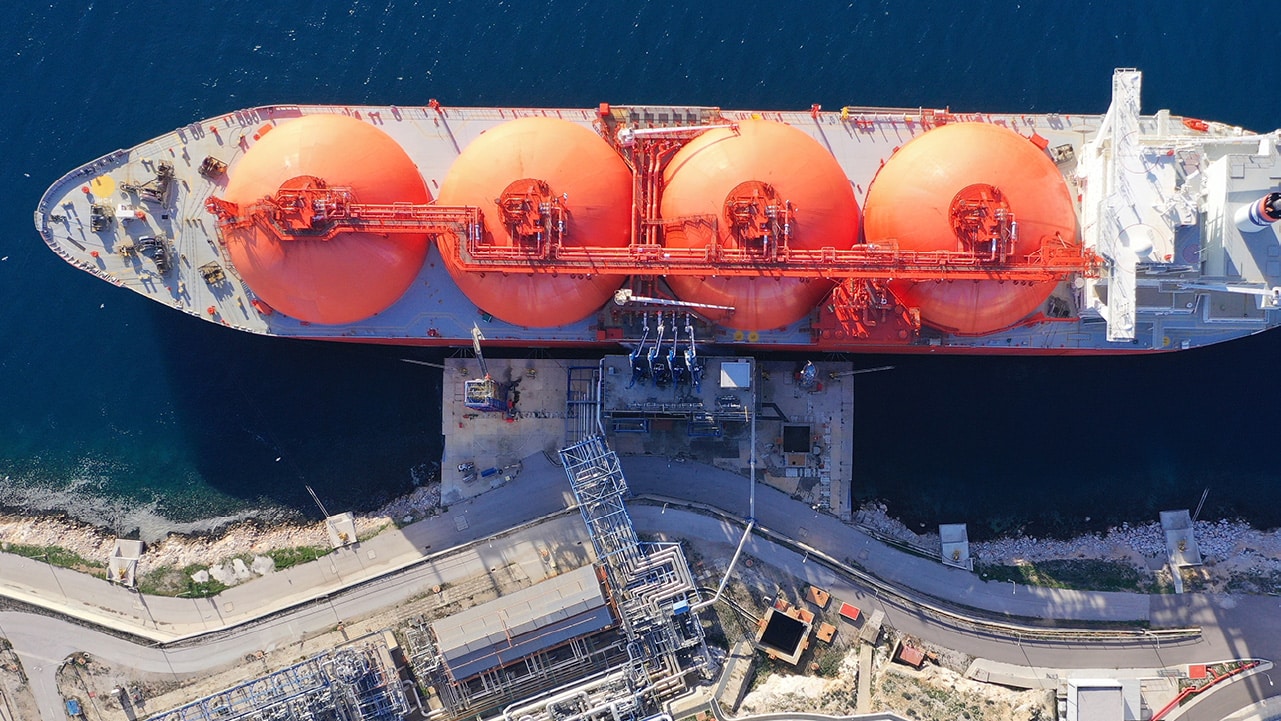ISO 21028-1 Impact Resistance Testing of Tank Materials at Low Temperatures
The ISO 21028 series standards are designed to evaluate the mechanical properties and performance of materials used in cryogenic environments, particularly relevant for applications such as cargo tanks, fuel storage systems, and tankers. This section focuses specifically on ISO 21028-1, which provides guidelines for determining the impact resistance of tank materials at low temperatures.
The standard is crucial for ensuring that materials used in marine environments can withstand the extreme conditions encountered during cargo transportation. Cryogenic storage and transport involve significant temperature variations, often down to as low as -50°C or even lower. This cold environment poses unique challenges to the mechanical integrity of tank materials. Therefore, rigorous testing like ISO 21028-1 is essential for ensuring safety and compliance with international maritime regulations.
The test method described in ISO 21028-1 involves subjecting a specimen to an impact test at low temperatures. This process evaluates the material's toughness and resilience under stress, which are critical factors in preventing structural failures during operation. The testing protocol requires precise control over temperature and impact energy, ensuring that the results accurately reflect real-world conditions.
A typical ISO 21028-1 test includes the following steps:
- Preparation of specimens to ensure they represent the actual material used in tank construction.
- Cooling the specimen to a specified temperature using cryogenic equipment or other means.
- Applying an impact force from a pendulum hammer or similar device, ensuring that the energy is accurately measured and recorded.
- Inspecting the specimen for any cracks or fractures after the test. Acceptance criteria are defined in ISO 21028-1 to determine whether the material meets the required standards.
This testing method not only helps manufacturers and quality control departments ensure that their materials meet stringent international standards but also aids in selecting the most suitable materials for specific applications. By adhering to these protocols, companies can improve product reliability and enhance safety in marine operations.
The importance of this test cannot be overstated, as it directly impacts the structural integrity of cargo tanks and fuel storage systems. Failure to meet ISO 21028-1 standards could lead to catastrophic failures during transportation or storage, posing significant risks not only to personnel but also to the environment. Therefore, compliance with these standards is mandatory for ensuring both safety and regulatory adherence.
In summary, ISO 21028-1 provides a comprehensive framework for evaluating tank materials in low-temperature environments. By rigorously testing specimens under controlled conditions, this method ensures that materials used in marine applications can withstand the harsh conditions they will encounter during transport and storage. This not only enhances safety but also contributes to the overall reliability of cargo and fuel systems.
Benefits
Ensures compliance with international maritime regulations.
Improves product reliability by identifying materials that can withstand extreme cold temperatures.
Enhances safety in marine operations, reducing the risk of catastrophic failures.
Facilitates the selection of appropriate materials for specific applications.
The benefits extend beyond compliance to include enhanced product reliability and improved safety. By ensuring that tank materials meet ISO 21028-1 standards, companies can enhance their reputation and ensure that they are meeting the highest international standards in marine equipment testing.
Industry Applications
Cargo tank systems for transportation of liquefied gases or other cryogenic fluids.
Fuel storage tanks on naval vessels and merchant ships.
Tanks used in offshore oil and gas exploration and production.
ISO 21028-1 testing is particularly relevant for applications where materials must withstand low temperatures, such as those found in cryogenic storage or transportation. These systems are critical to the safe and efficient operation of marine vessels and installations.
Quality and Reliability Assurance
The implementation of ISO 21028-1 testing is essential for quality and reliability assurance in marine equipment manufacturing. By adhering to this standard, manufacturers can ensure that their products meet the highest international standards. This not only enhances product reliability but also ensures regulatory compliance.
Quality managers play a crucial role in overseeing the ISO 21028-1 testing process. They must ensure that all materials used in tank construction are rigorously tested and meet the specified acceptance criteria. Compliance with these standards is critical for ensuring both safety and regulatory adherence.
The results of ISO 21028-1 tests provide valuable data that can be used to improve product design and manufacturing processes. By identifying any weaknesses or deficiencies in materials, manufacturers can implement corrective measures to enhance the overall quality and reliability of their products.





